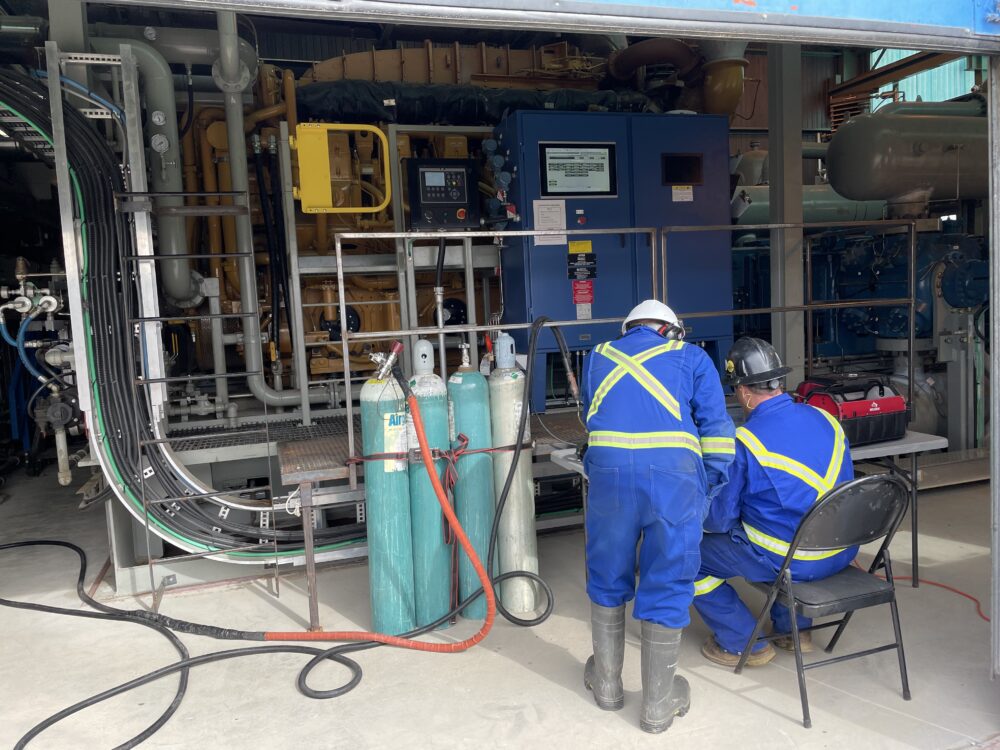Embark on a journey behind the scenes with Mike Easton, Supervisor of North Shore’s Air Emission Testing team and Regional Director of the Grande Prairie Office. In this interview, Mike delves into the intricate world of environmental compliance, particularly focusing on his expertise in navigating the Multi-Sector Air Pollutants Regulations (MSAPR). From his background to the challenges and rewards of his work, Mike shares invaluable insights into the pivotal role of MSAPR in safeguarding our environment and human health.
Background
Rory: Hello, Mike. Can you tell us about yourself, how long you’ve been with North Shore, and what your current role entails?
Mike: Certainly, Rory. I’ve had the privilege of being a part of North Shore since 2019. Presently, I hold the position of Supervisor for our Air Emission Testing team and serve as the Regional Director for North Shore’s Grande Prairie Office.
Originally hailing from Ontario, I completed the Fish and Wildlife Technician program at Sir Sandford Fleming College prior to making the move to Grande Prairie in 2006. My career journey began in fisheries and forestry before transitioning to the realm of Air Quality in 2009. Over the past 15 years, I’ve accumulated extensive experience in the environmental and air quality emissions field, overseeing various air sampling programs across Western Canada. These programs include but are not limited to MSAPR Testing, Fugitive Emissions Surveys, Relative Accuracy Test Audits, Cylinder Gas Audits, Total Particulate Matter Surveys, CEMS Audits, Ambient Air Monitoring, and OH&S Indoor Air Quality. My expertise encompasses sampling methods, procedures, and regulatory frameworks outlined in Alberta CEMS Code, Alberta Stack Sampling Code, MSAPR 2016, ASTM, US EPA, EC, AER, and BC DPR.
Grande Prairie has truly become my home, where I met my wife and where we are raising our two wonderful children together. In my leisure time, I indulge in camping, fishing, sports, and cherish moments spent with family.
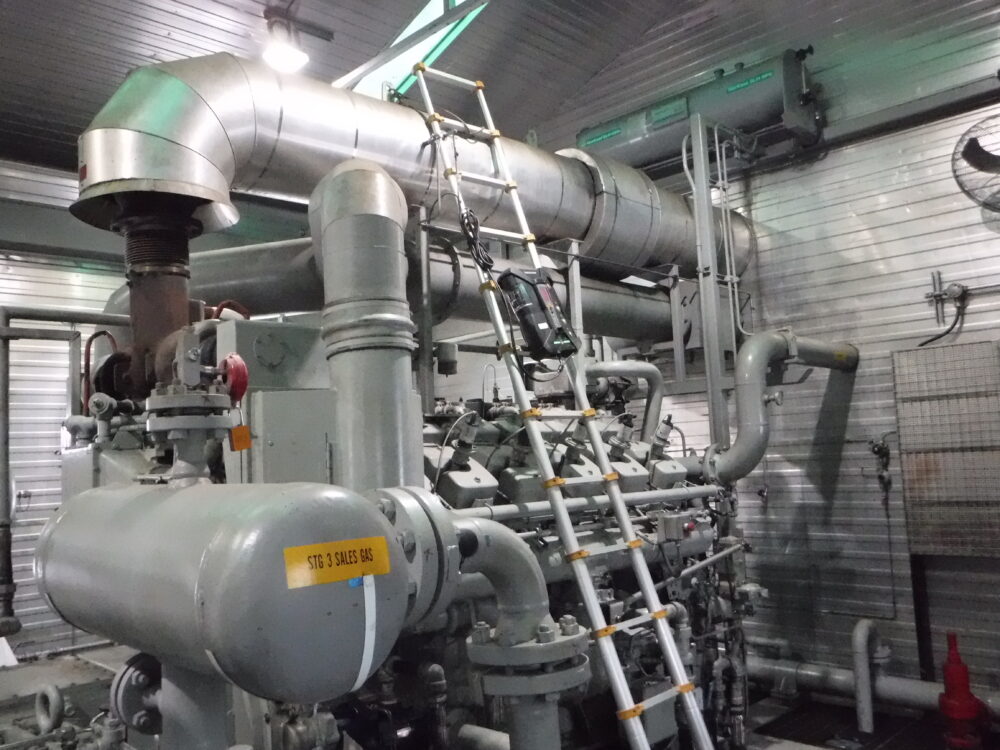
MSAPR Details
Rory: What exactly is MSAPR, and why is it significant?
Mike: MSAPR, which stands for Multi-Sector Air Pollutants Regulations, was instituted in June 2016 as Canada’s inaugural mandatory national air pollutant emissions standards for major industrial facilities. It forms an integral part of the Federal Air Quality Management System and represents the initial phase of the Base-Level Industrial Emissions Requirements (BLIERSs). MSAPR establishes air pollution emission standards for several industrial sectors across Canada. Its three parts delineate limits for nitrogen oxides (NOx) emissions from gaseous fired non-utility boilers and heaters, stationary spark-ignition gas fired engines, and NOx and sulphur dioxide (SO2) emissions from grey cement manufacturing facilities nationwide.
The significance of MSAPR lies in its paramount objective of safeguarding the environment and human health. Since its inception in 2016, MSAPR has been instrumental in markedly reducing NOx emissions throughout Canada. Projections indicate that by 2035, MSAPR regulations will have slashed NOx emissions by 99 kilotons (kt) from boilers and heaters, 1932 kt from stationary spark-ignition engines, and 5.5 kt from the cement industry.
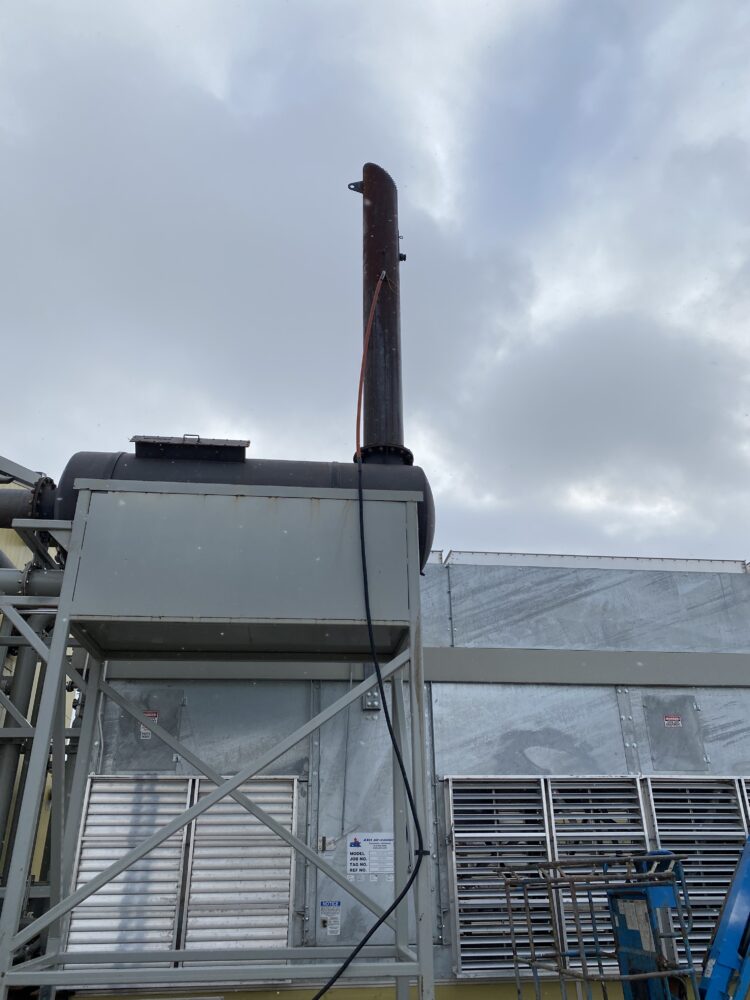
Challenges
Rory: What are some of the challenges you encounter while working in the field, conducting surveys, testing, and reporting?
Mike: One of the primary challenges I encounter in the field pertains to addressing instances where a source exceeds its MSAPR NOx emission intensity limit. Typically, this necessitates a collaborative effort involving a team approach, working in conjunction with operations and mechanics to tune the engine by adjusting the air/fuel mixture, thereby substantially reducing NOx levels. Alternatively, it might entail troubleshooting and rectifying any malfunction in the emission control device, expediting repairs to facilitate a retest and restore the source to MSAPR compliance.
Additional challenges may arise with ensuring that test sample ports conform to regulatory specifications. In cases where compliant sample ports are unavailable, I liaise with operations to facilitate the installation of acceptable ports compliant with MSAPR standards. Moreover, adverse weather conditions pose logistical challenges, particularly in deploying aerial work platforms, which are rendered infeasible under adverse weather conditions. Cold weather, in particular, can precipitate equipment failures, necessitating the provision of shelter and heaters to maintain optimal conditions for MSAPR equipment and to ensure accurate sampling.
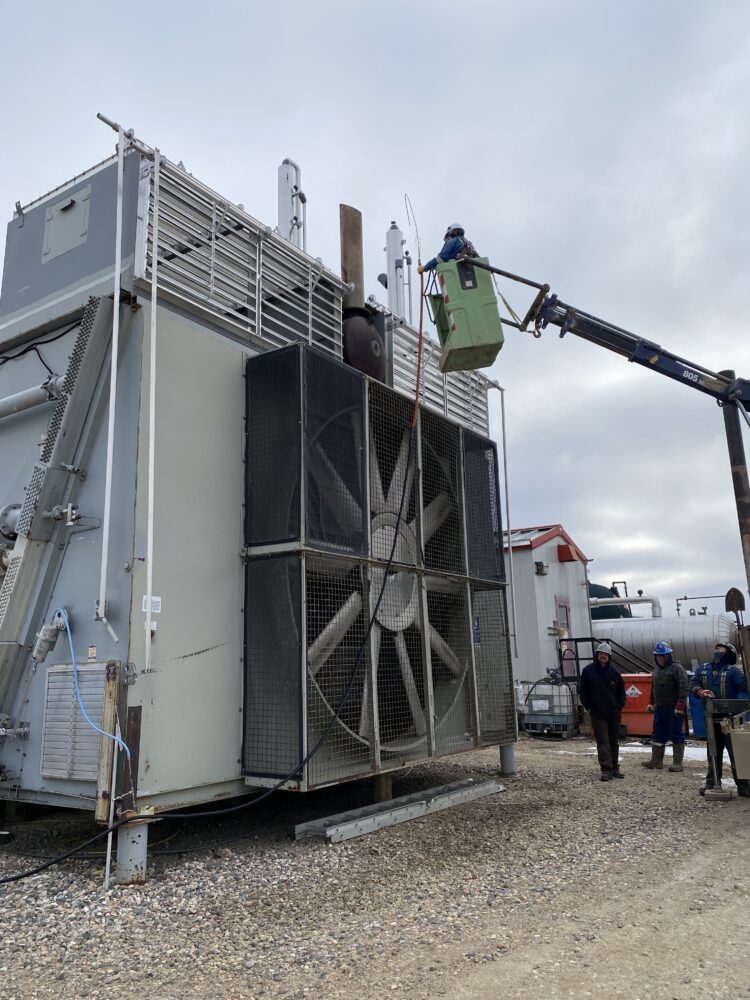
Rewards
Rory: What do you find most rewarding about your work?
Mike: My affinity for fieldwork stems from the multifaceted nature of the endeavor. From the outset of a project, orchestrating scheduling logistics with clients and ensuring seamless testing setup are aspects I find particularly gratifying. When executing MSAPR tests, collaborating with operations to ensure adherence to the operational conditions mandated by MSAPR, and troubleshooting any issues that arise to secure accurate testing results within MSAPR emission intensity limits, represent fulfilling work. There’s an inherent sense of satisfaction upon the successful completion of a job, with the testing program yielding favorable outcomes and a satisfied client.
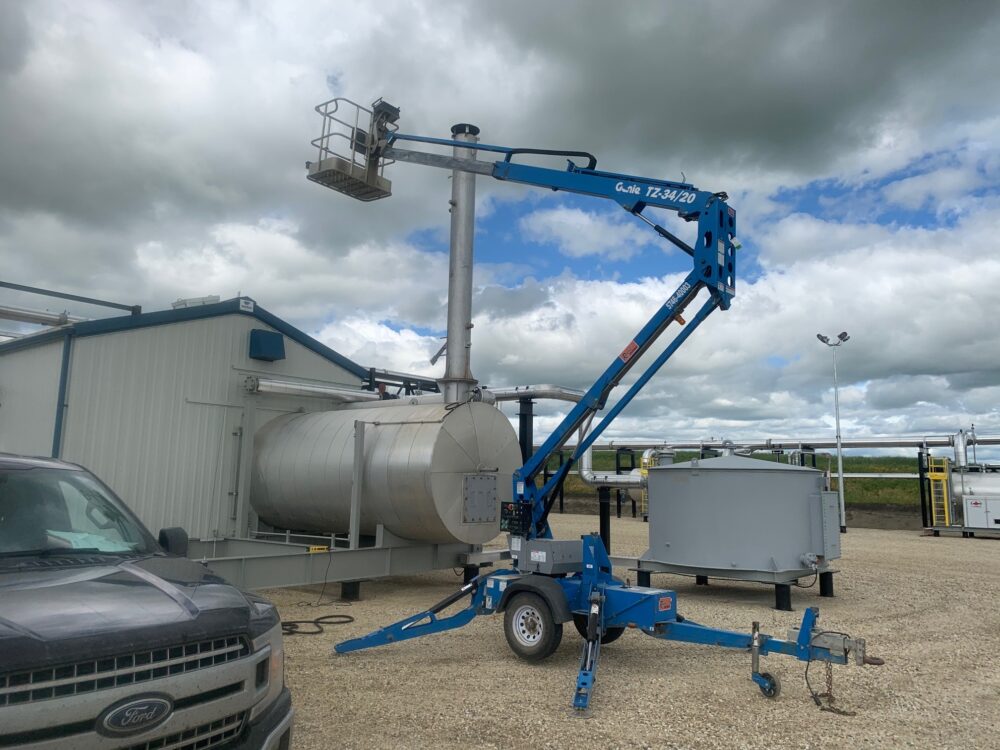
Memorable Experiences
Rory: Could you share one or two memorable experiences or stories from your fieldwork endeavors?
Mike: Since starting with North Shore, I’ve had the privilege of spearheading numerous MSAPR projects, each bearing its unique set of challenges and intricacies. One particularly memorable instance involved spearheading a comprehensive 50-engine project for one of our larger clients. Such projects demand meticulous planning and execution to meet stringent deadlines, the ability to solve testing challenges, and providing clients with precise test results to ensure compliance with MSAPR regulations. The diversity in project scope, ranging from small-scale programs culminating in half-day sessions to extensive initiatives involving upwards of 50 engines, underscores the dynamic nature of the job, rendering each undertaking a distinctive and rewarding experience.
Rory: Thank you for sharing your insights and experiences with us today, Mike – I found it all to be very fascinating.
Mike: Not a problem, Rory – I appreciate your interest in this complex subject.

